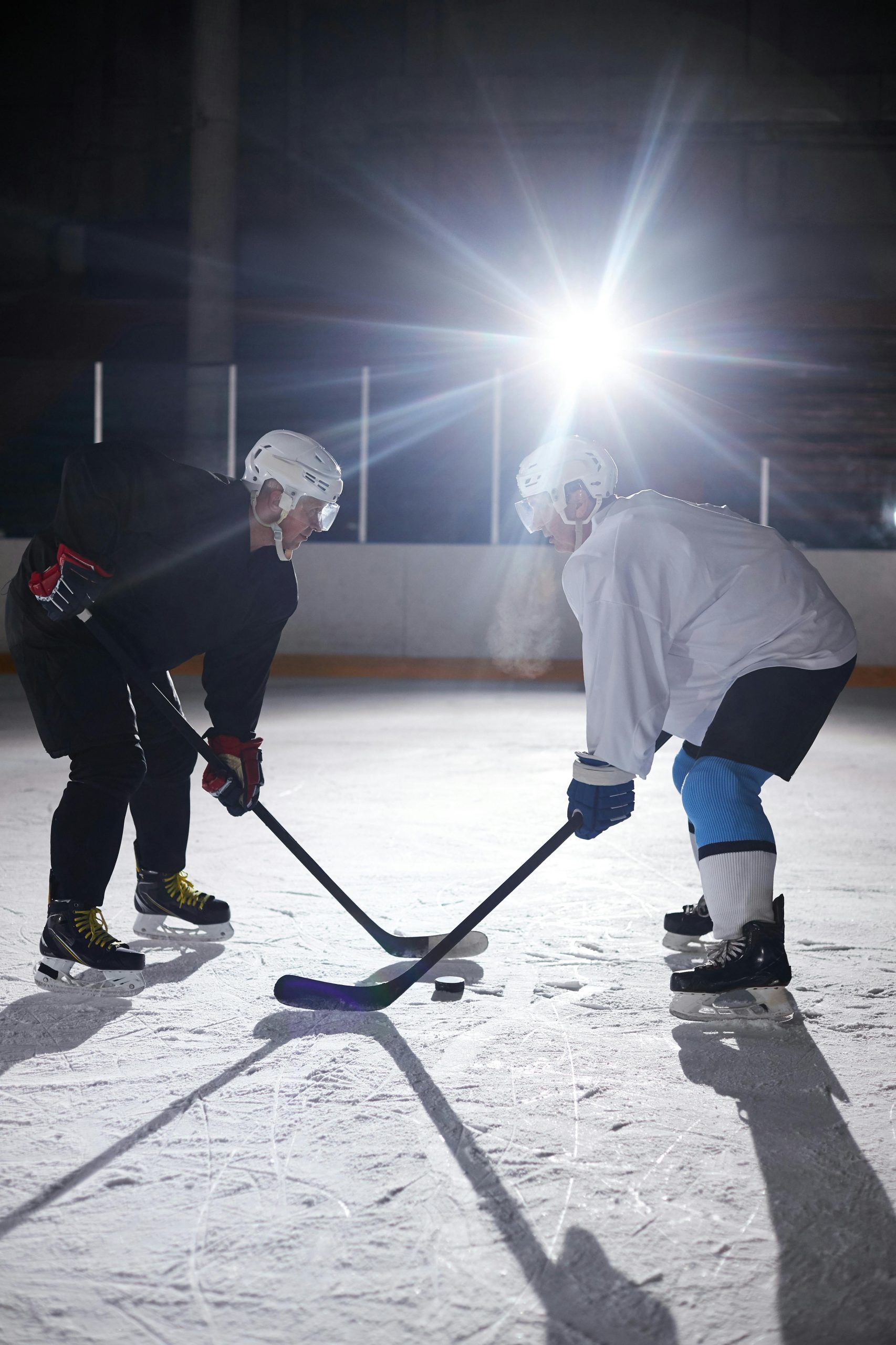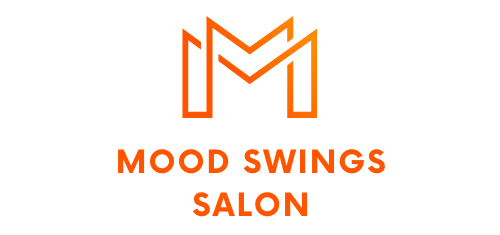How Does Cognitive Training Influence Decision Speed in Ice Hockey Players?

In the vibrant, fast-paced world of ice hockey, an athlete’s performance can be critically impacted by their split-second decision-making skills. From the moment the puck drops to the final buzzer, players must constantly analyze their surroundings, anticipate opponents’ moves, and make rapid, strategic decisions. Thus, a key question arises: how can cognitive training influence the decision speed of ice hockey players?
While physical abilities such as agility and speed are essential in ice hockey, the cognitive skills of the players often make the difference between a winning and losing game. In this article, we will delve into the scientific studies and research available on Google Scholar, PubMed, and Crossref, to understand the impact of cognitive training on decision making in the sport.
En parallèle : What’s the Best Footwork Drills to Improve Agility in Tennis Players?
The Role of Cognitive Skills in Sports Performance
The importance of cognitive abilities in sports cannot be overstated. These skills include perception, attention, memory, and decision-making, among others. They are vital for players to recognize game situations, predict opponents’ actions, and make quick, effective decisions.
According to numerous studies available on Google Scholar and PubMed, athletes who undergo cognitive training typically show improvement in sport-specific skills. This includes faster decision-making, better anticipation of opponents’ moves, and improved game performance.
Sujet a lire : What Are the Best Pre-Competition Hydration Techniques for Endurance Sports in Hot Climates?
For ice hockey players, these cognitive skills are especially crucial. The game demands not only physical prowess but also acute awareness, quick reflexes, and rapid decision-making. Training these skills can therefore significantly enhance a player’s performance on the ice.
Cognitive Training Techniques for Ice Hockey Players
But how does cognitive training for athletes work? There are several key techniques that are commonly used, with many tailored specifically to the demands of ice hockey.
One method is visual training, which focuses on improving a player’s ability to quickly and accurately process visual information. This can enhance their perception of the game, allowing them to better anticipate and react to events on the ice.
Another technique is decision-making training. This typically involves drills or games that require the player to make quick, strategic decisions under pressure. Such training can help players improve their decision speed and accuracy, which are essential in the high-pressure environment of an ice hockey game.
The efficacy of these training methods has been demonstrated in several studies. A group of researchers found that after undergoing cognitive training, ice hockey players showed improved decision-making speed and accuracy, as well as overall game performance.
The Impact of Cognitive Training on Decision Speed
The decision speed of an athlete can be the distinguishing factor in achieving victory. With cognitive training, athletes can refine their decision-making abilities, leading to faster and more accurate decisions on the field.
In a study published on Crossref, it was observed that ice hockey players who participated in cognitive training sessions demonstrated an increase in decision speed. They were able to assess the game situation more quickly, identify threats and opportunities faster, and make quicker decisions on the ice.
This research underscores the significant impact cognitive training has on decision speed and overall performance in ice hockey. By taking the time to train their cognitive abilities, players can enhance their game performance and potentially gain an edge over their competitors.
The Future of Cognitive Training in Ice Hockey
The field of cognitive training in sports, particularly in ice hockey, is continuously evolving. It is driven by the understanding that mental agility is as important as physical agility in achieving peak performance.
Emerging technologies are contributing to this advancement. For example, virtual reality is being used to create realistic training scenarios for ice hockey players. This allows athletes to practice their decision-making skills in a safe, controlled environment, which can help improve their performance in real games.
Research from Google Scholar and PubMed also indicates an increase in the use of cognitive training apps specially designed for athletes. These applications provide players with access to cognitive training exercises that can be done anywhere, anytime.
Overall, the future of cognitive training for ice hockey players looks promising. As more research is conducted and technologies continue to advance, it is expected that cognitive training will become an even more integral part of athletes’ training regimens.
Cognitive Training: A Powerful Tool for Ice Hockey Players
Cognitive training can undeniably be a game-changer for ice hockey players. By focusing on enhancing cognitive abilities like decision-making, players can improve their performance on the ice and potentially gain a competitive edge.
As research continues to shed light on the benefits of cognitive training, it is likely that more athletes and teams will incorporate this form of training into their regular routines. As we continue to delve deeper into the mind-sport connection, the influence of cognitive skills on sports performance becomes increasingly apparent.
So whether you’re an amateur or a professional athlete, consider implementing cognitive training into your routine. It could just be the key to unlocking your full potential on the ice.
The Science Behind Cognitive Training and Decision Speed
Delving deeper into the scientific mechanics of cognitive training, it becomes evident that this form of exercise has a profound influence on the decision speed of ice hockey players. According to numerous studies available on Google Scholar, Crossref, and PubMed, cognitive training cultivates a player’s ability to process information, react to stimuli, and make informed decisions under pressure.
One research study, according to its DOI on PubMed, demonstrated that after a course of cognitive training, ice hockey players showed a significant improvement in their decision speed. The study involved a pre-post assessment to measure the participants’ cognitive performance before and after the training. The results of the post-test showed a notable increase in the players’ decision speed, which directly translated into better performance during actual games.
Furthermore, the study emphasized that cognitive training is a sport-specific tool that can be tailored to the unique needs of each sport, including ice hockey. By working on the perceptual cognitive skills of the players, the training helps enhance their strategic understanding of the game, thereby improving their decision-making ability and game performance.
Cognitive training can also help players adapt quickly to change direction, a crucial skill in fast-paced team sports like ice hockey. By improving this ability, players are better equipped to react to sudden changes in the game, allowing them to make more accurate decisions at a faster pace.
Harnessing Cognitive Training for Enhanced Performance
Given the evidence of the profound impact cognitive training has on the decision speed and overall performance of ice hockey players, it’s clear that this form of training is a powerful tool that athletes can harness.
As confirmed by Google Scholar, Crossref, and PubMed, cognitive training techniques designed to enhance decision speed, agility, and directional change are becoming increasingly integrated into the regular training regimens of many athletes.
Moreover, the current study trend and the increasing availability of technological tools such as cognitive training apps and VR training scenarios, are making cognitive exercises more accessible to athletes. This is not only beneficial for professional ice hockey players but also for amateurs and enthusiasts who want to improve their game.
In conclusion, cognitive training is a potent tool that can significantly improve the cognitive performance of ice hockey players, particularly their decision speed. By incorporating cognitive training into their regular routine, players can hone their decision-making skills, adapt more quickly to directional changes, and ultimately enhance their performance in the game. As more research continues to underscore the importance of cognitive skills in sports, it is expected that cognitive training will become even more prevalent in the world of ice hockey. With access to innovative tools and increasing support from scientific research, athletes now have everything they need to harness the power of cognitive training and unlock their full potential on the ice.
